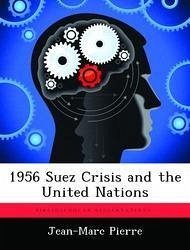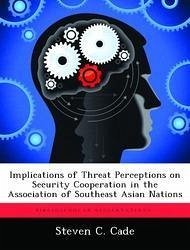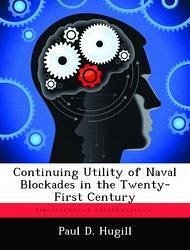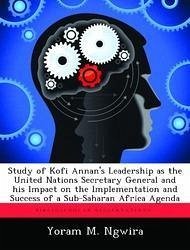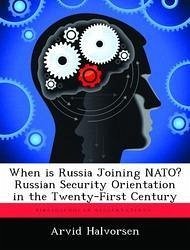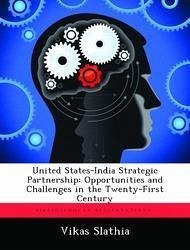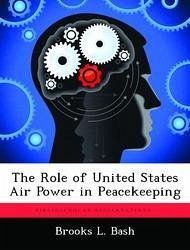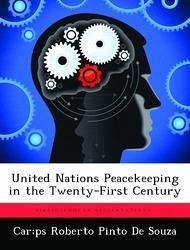
United Nations Peacekeeping in the Twenty-First Century
Versandkostenfrei!
Versandfertig in über 4 Wochen
53,99 €
inkl. MwSt.
Weitere Ausgaben:

PAYBACK Punkte
27 °P sammeln!
This study objectively analyzes, within a systemic approach, the causes that undermined the responsiveness and legitimacy of the United Nations peace operations in four case studies: Korea, the Suez Canal crisis, the Persian Gulf War, and UNPROFOR. The focus of the analysis is the Security Council and its decision-making process. The study was accomplished by submitting the historical facts regarding the four case studies to the analytical questions that were established in order to frame the two screening criteria: responsiveness and legitimacy. The literature review established the main conc...
This study objectively analyzes, within a systemic approach, the causes that undermined the responsiveness and legitimacy of the United Nations peace operations in four case studies: Korea, the Suez Canal crisis, the Persian Gulf War, and UNPROFOR. The focus of the analysis is the Security Council and its decision-making process. The study was accomplished by submitting the historical facts regarding the four case studies to the analytical questions that were established in order to frame the two screening criteria: responsiveness and legitimacy. The literature review established the main conceptual principles and three mainstream schools of thought were defined: realism, liberalism, and constructivism. The findings point out that in order to face the challenges of the current operational environment, the United Nations needs to reform its Security Council and its decision-making process so that it better reflects the current geopolitical realities and it more effectively achieves the objectives of the complex peacekeeping operations of the twenty-first century.



